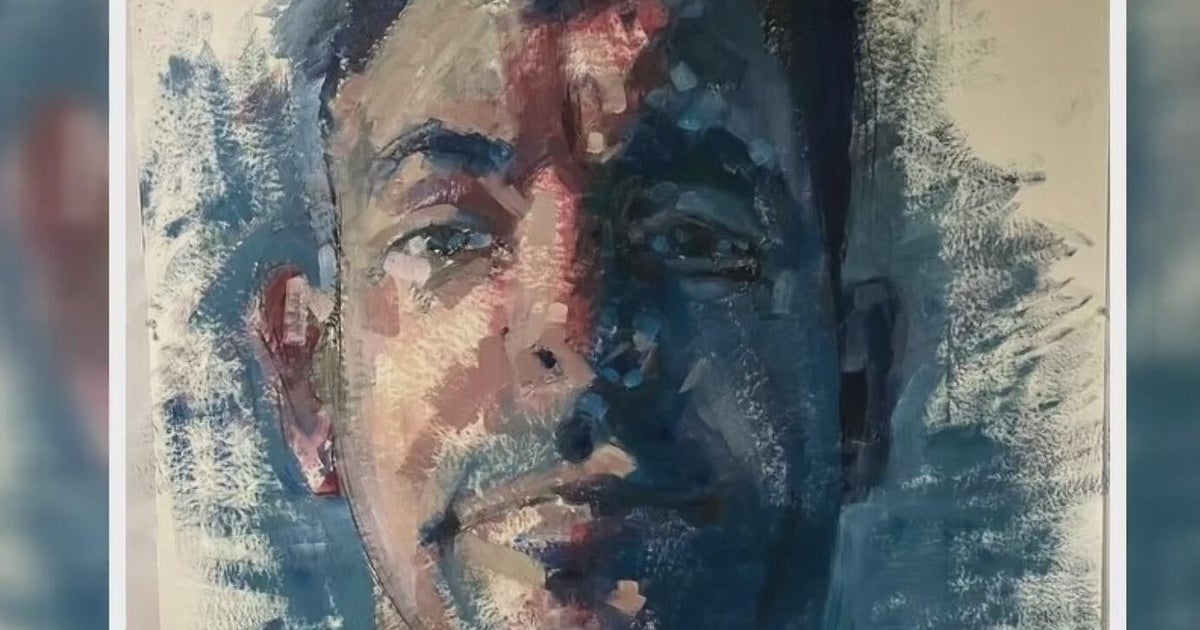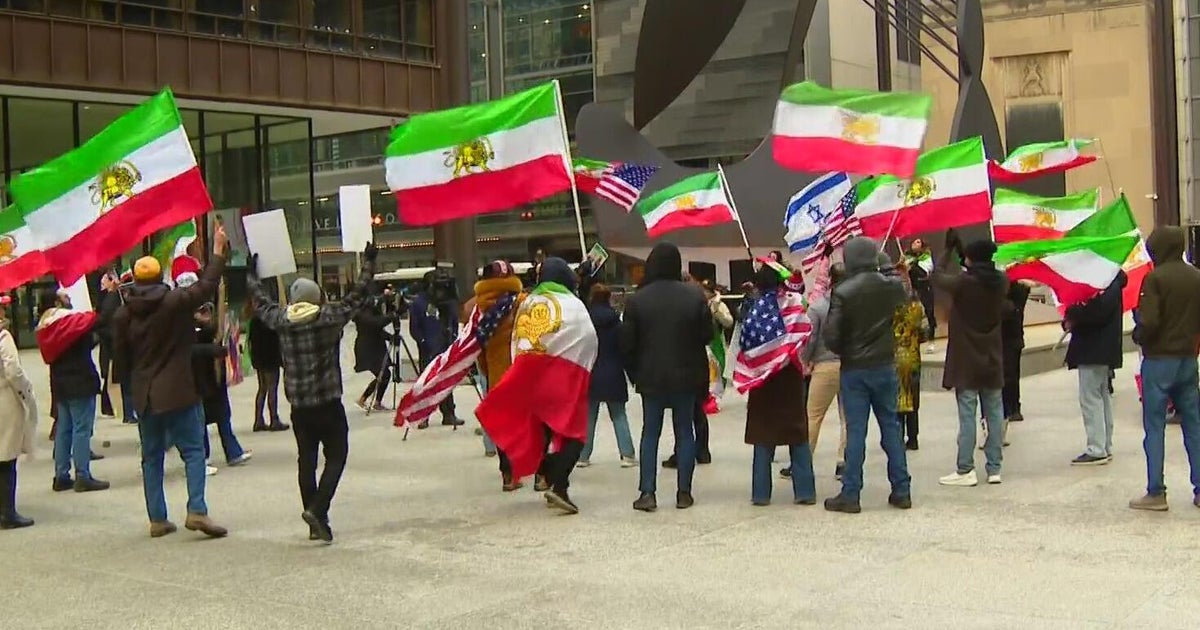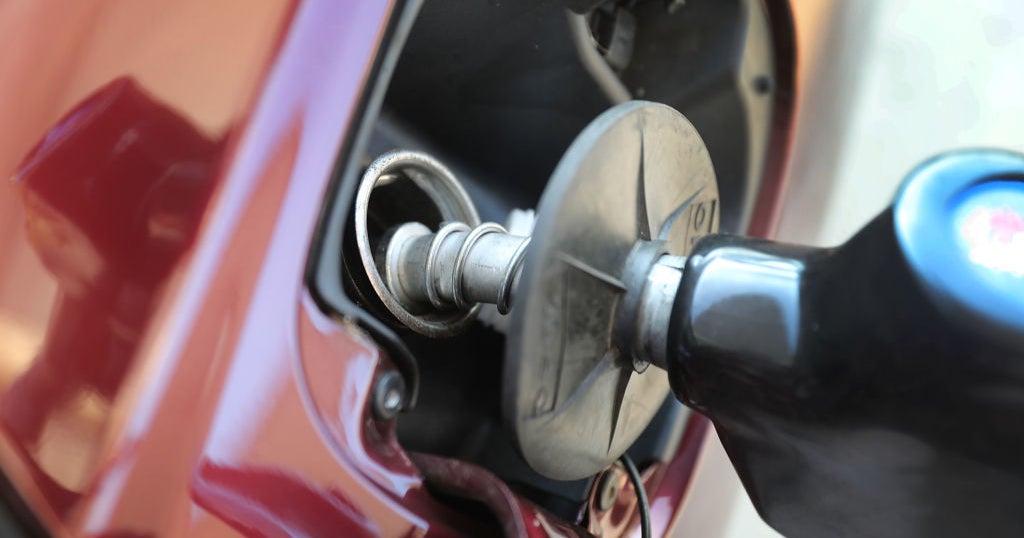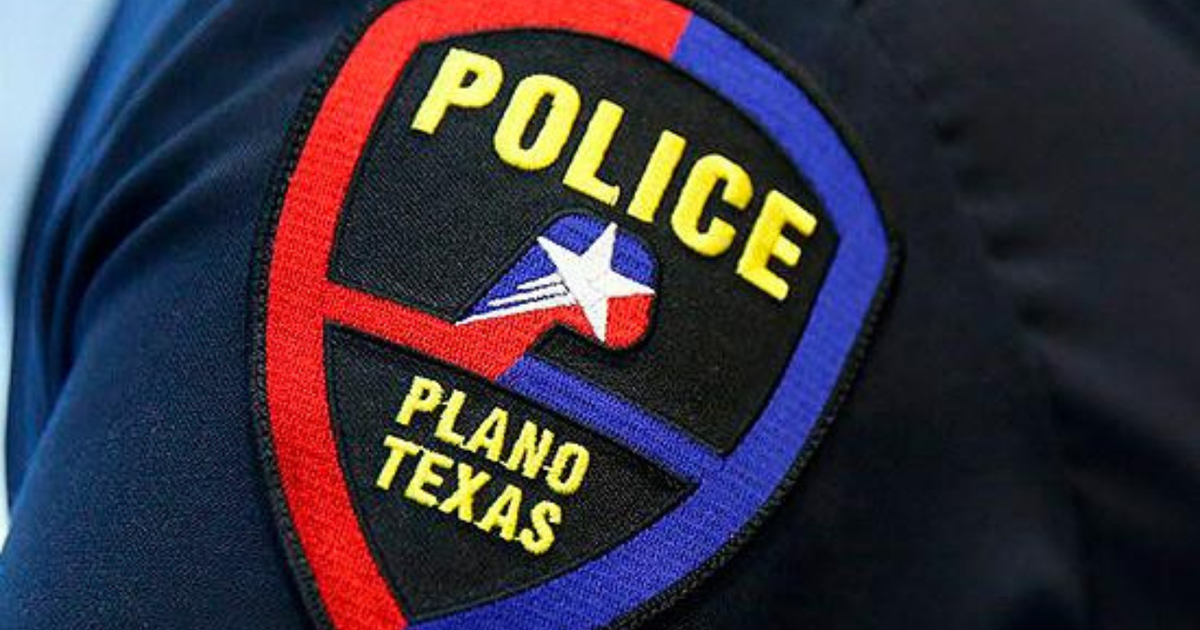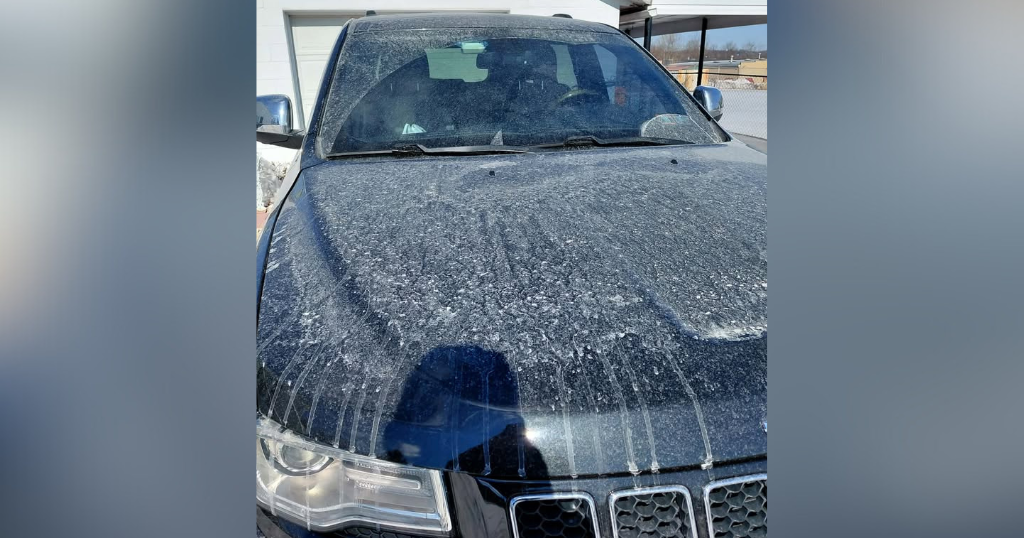Chicago expert: AT&T outage speaks to reliance on cellular carriers
CHICAGO (CBS) -- More than 50,000 AT&T customers lost service in a widespread outage Thursday.
The AT&T cellphone network had been restored by late Thursday afternoon – but what are the implications, and what should be known moving forward?
Later Thursday night, the company attributed the outage to a software bug.
"Based on our initial review, we believe that today's outage was caused by the application and execution of an incorrect process used as we were expanding our network, not a cyber attack," the company said on its website. "We are continuing our assessment of today's outage to ensure we keep delivering the service that our customers deserve."
But earlier, an investigation as to whether a cyberattack might have been to blame for the outage was announced.
In a statement, Cybersecurity and Infrastructure Security Agency executive assistant director for cybersecurity Eric Goldstein said, "CISA is aware of the reports and we are working closely with AT&T to understand the cause of the outage and its impacts, and stand ready to offer any assistance needed."
A local expert said that is a normal next step.
Cindy Hood, a wireless communication and networks expert at the Illinois Institute of Technology, said she believes AT&T was "definitely scrambling" amid the outage.
"I would say it's an all-hands-on-deck situation," she said.
The reports of AT&T outages appear to have started at around 3 a.m. CST, Downdetector said, then seemed to wane some two hours later, then picked up again and were about 60,000 at 10 a.m. CST.
Those with AT&T as their cellular carriers saw the symbol "SOS" at the top right of their phone screens where the service bars normally appear – meaning service was unavailable.
Chicago was one of the most severely affected areas in the outage – along with Atlanta, Charlotte, Dallas, Houston, Indianapolis, Louisville, Miami, and San Antonio, according to Downdetector.
Chicago Police confirmed 911 service was not impacted by the outage - but AT&T customers without service could not call 911.
Chicago's Office of Emergency Management and Communications suggested AT&T customers, unable to get through to 911, call from a landline, or reach a friend or family member with a different service provider and have them call 911.
By 2:10 p.m. CST on Thursday, AT&T said the problem had been resolved.
"It's very concerning, and I think it makes us think about our reliance on these different services," said Hood.
When asked if such a situation was totally unprecedented, Hood said, "It's highly unusual, I would say."
While the possibility of a cyberattack was investigated, Hood said before the announcement of the cause that all signs pointed to a software issue causing the outage.
"When you look at the breadth of this kind of outage, it really kind of in my mind points to some kind of software problem. You have to be concerned about the security aspects of that as well," Hood said.
Even with service being restored, Hood said there are likely to be some changes following the incident.
"This kind of outage will always trigger some kind of oversight," she said.
"Folks in Congress are going to want some kind of investigation or some kind of report on what caused this outage. There's a lot of concern about securing our critical infrastructure, and this is a piece of the United States infrastructure - no question about it."
Hood said there should be a critical communication infrastructure that would "work across different kinds of providers independent of a particular user was subscribing to."
She also emphasized that cybersecurity issues are important to follow in everyday life.
"I think as we have more and more computer-based infrastructure, the risks of these kinds of incidents gets greater and greater – so it's really important to pay attention to cybersecurity, pay attention to preventative measures, use the best practices," Hood said.
In the wake of the outage, what can be done to protect oneself – or have a backup – in the future?
"Make sure you know where the wifi hotspots are. Make sure you know how to use wifi calling," said Hood, "and in the case of emergency and you can do any of that, because your provider is down, know friends or neighbors who have other providers and may provide other communication mechanisms for you."

